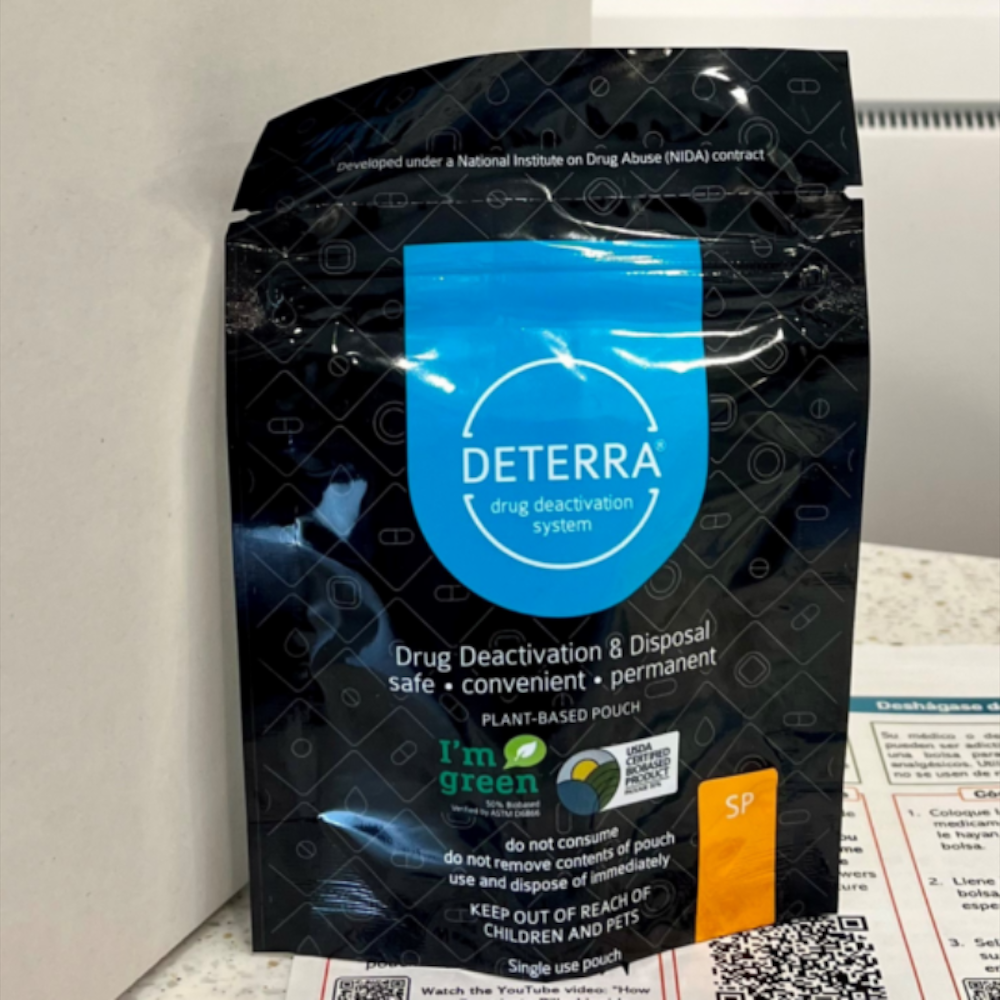
The daunting task of deciphering the immune system's intricate dance between T cells and antigens has been tackled head-on by MIT Associate Professor Michael Birnbaum, whose innovations are leading toward more effective T cell therapies for diseases like cancer. MIT News reports that Birnheim's lab at the Koch Institute for Integrative Cancer Research has developed groundbreaking tools to study these interactions in great volumes, potentially streamlining the development of treatments for autoimmune disorders, infections, and more.
Each T cell, circulating by the millions in our bodies, possesses a unique T cell receptor—part of a vast armada seeking out foreign antigens. Until recently, the sheer number of potential interactions between T cells and these antigens presented a significant research barrier. According to MIT News, Birnbaum's manufacturing of new methods that harness engineered viruses allows the simultaneous screening of massive libraries of antigens against these diverse immune cells.
Birnbaum's fascination with immunology began in high school in Philadelphia, where he first dabbled in research at Fox Chase Cancer Center. His academic pursuit of the subject led him through Harvard and Stanford, places where the foundational elements of his current research were laid. "T-cells are so diverse in terms of what they recognize and what they do, and there's been incredible progress in understanding this on an example-by-example basis," Birnbaum shared in a statement obtained by MIT News. "Now, we want to be able to understand the entirety of this process with some of the same level of sophistication that we understand the individual pieces."
Joining forces with global collaborators, Birnbaum is applying artificial intelligence to predict T cell-antigen interactions—a stepping stone to personalized immunotherapies and vaccines. "The program is put together with a focus on whether these types of predictions are possible, but if they are, it could lead to much better understanding of what immunotherapies may work with different people," Birnbaum told MIT News. This multinational research, sponsored by Cancer Grand Challenges, hints at a future where healthcare becomes deeply personalized, leveraging the uniqueness of our own immune defenses to battle illnesses that have plagued humanity for ages.









